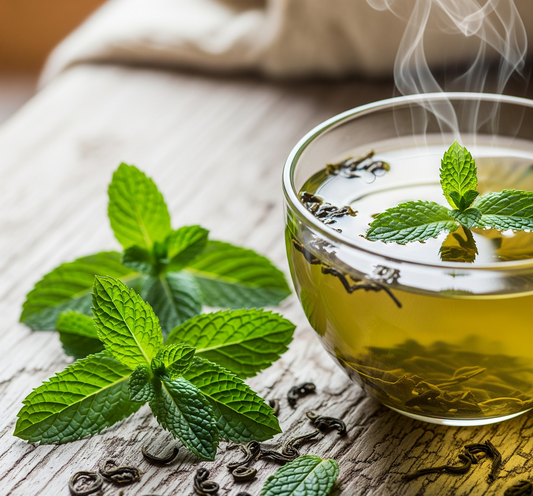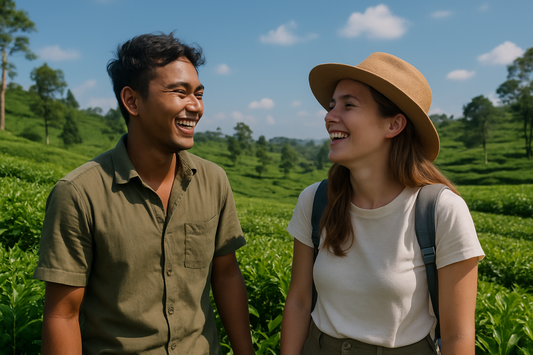Tea tour, sometimes referred to as tea travel or tea tours, is a specific type of tourism that focuses on learning about tea plantations, the methods used to produce it, and the cultural traditions around it. It enables visitors to take in the natural beauty and cultural history of tea-producing regions as well as learn about the production and processing of tea leaves. There are various ways that tea tours are different from other forms of tourism:

-
Focus on Tea: The manufacturing of various varieties of tea (such as black tea, green tea, oolong tea, and white tea) as well as the cultivation of tea plants all revolve around the tea sector. Visitors may observe how tea is cultivated, collected, processed, and brewed firsthand.
-
Location: Destinations for tea tourism are frequently found in countries with a history of producing tea, including Nepal, India, China, Japan, Taiwan, and Kenya. Visitors to these regions visit tea farms, plantations, and gardens.
-
Educational Experience: Visitors can take advantage of educational opportunities provided by tea tourism to learn more about the tradition, history, and culture of tea. In order to learn more about the world of tea, tourists may frequently take part in guided tours, tea tastings, and seminars.
-
Natural Beauty: Many tea-growing locations are surrounded by scenic terrain, including mountains, valleys, and rolling hills. While seeing tea farms, tourists may take in the beautiful splendor of these locations.
-
Cultural Immersion: Tea tourism includes immersion in local culture and tradition such as visits to local villages, interactions with the local tea community and workers, and the chance to bear witness to the culturally significant tea ceremonies and rituals.
-
Sustainability and Conservation: Some tea tourism initiatives emphasize sustainable and eco-friendly practices in tea production. Visitors may learn about environmental conservation efforts in tea-growing regions.
-
Tasting Experiences: Tea tours provide opportunities for travelers to sample a wide variety of teas, sometimes in their place of origin. This allows for a deeper appreciation of tea's nuances in flavor and aromas.
-
Customized Experiences: Travelers can choose from a range of tea-related activities and experiences based on their interests, from exploring the tea fields, participating in tea-making processes, or simply enjoying a cup of tea in a serene setting.
-
Seasonal Variations: The experience of a tea tour can vary depending on the time of year. Rainy season will have more plucking opportunities while in places like Nepal, the winter season is much drier and rarely produces teas. If you visit the tea farm during March, you might be able to witness the first pluck, which is also called the first flush.
-
Unique Accommodations: Some tea tour destinations offer unique accommodations, such as tea estate bungalows or lodges, where visitors can stay and immerse themselves in the tea culture. Our tea tourism has a single-sided glass igloo structure that allows you to enjoy the night sky while having the privacy from outsiders.
In summary, tea tourism is a specialized form of travel that allows enthusiasts to immerse into the world of tea, combining elements of education, cultural immersion, and natural beauty. It provides a unique and focused experience that distinguishes it from more general forms of tourism.
Interested in knowing more? Learn more about our tea tour opportunity.





